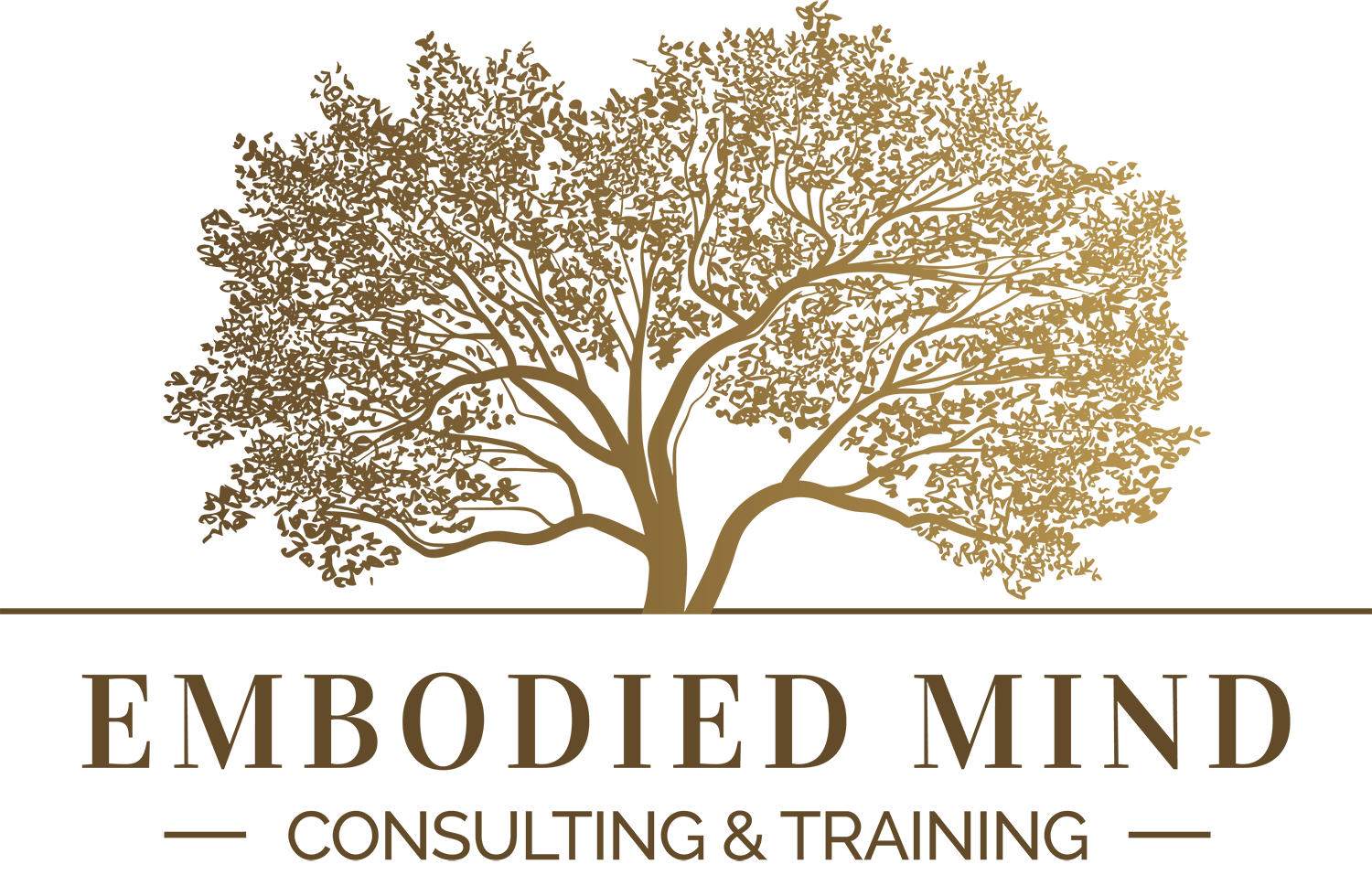Team & Circle
A successful and productive cooperation can emerge, where people are seen in their wholeness, where there is consciousness for good balances and where relationships can grow in depth and strength. If you want to achieve results, you further need strong communicative skills and the openness to learn from upcoming tensions. Psychological safety is fundamental.
“You don’t do a thing in a living system and get the direct results you may have hoped for. You cannot fix the parts to fix the whole, as you can with a machine.”
It is the how- and not the what-part that determines the success of our team work. Therefore, it is vital to ask:
Which success factors specifically strengthen our team?
Can we speak constructively and openly together (see also the Training in Leading Conversation)?
How can we embrace and learn from tensions?
Which team-culture and values are helpful?
What rhythms and cycles are enabling good balances?
And what leadership style can enhance this.
Our work will be tailored to your needs. It can be a team development, to invest in good collaboration. This could also take place as an outdoor event. Or, you may require a coaching for your team, to enable collective learning and development. Mediation can be necessary when conflicts are already there.
Generally, it is crucial to both include the soft factors as well as the structures and processes that enable good team work. We tackle questions like:
How clear is the division of roles, tasks and decision making power?
How much/how little communication is needed in order to keep transparency while also have time for daily work?
How can meetings be facilitated effectively and efficiently?
Is it useful for our overall organisation, to introduce agile processes and structures?
The abilities to innovate and learn are competencies that are crucial to more than just the leadership. By including different perspectives, you are able to utilise the wisdom of many and get a more holistic view of your team and organisation. Your colleagues are involved in a co-creative process, which connects them more deeply to your collective goals.
Teams learn to handle complexity, focus on what is currently relevant and utilise common potentials and strengths. They become alert to internal and external changes and are in close contact with your customers and the context.
The newly won clarity can also lead to more agile, self-organised forms of collaboration, as a response to changing needs of staff and stakeholders. This, however, has to be in line with the goals of the organization as a whole.
Virtual Team Coachings are possible, ideally coupled with live formats.

